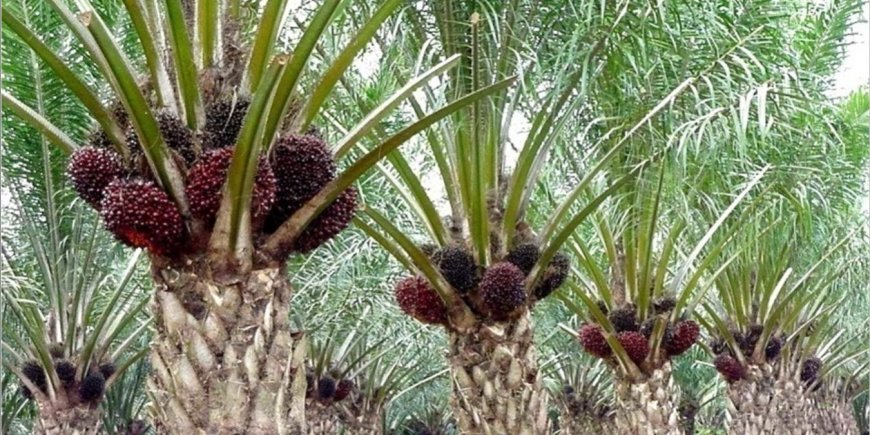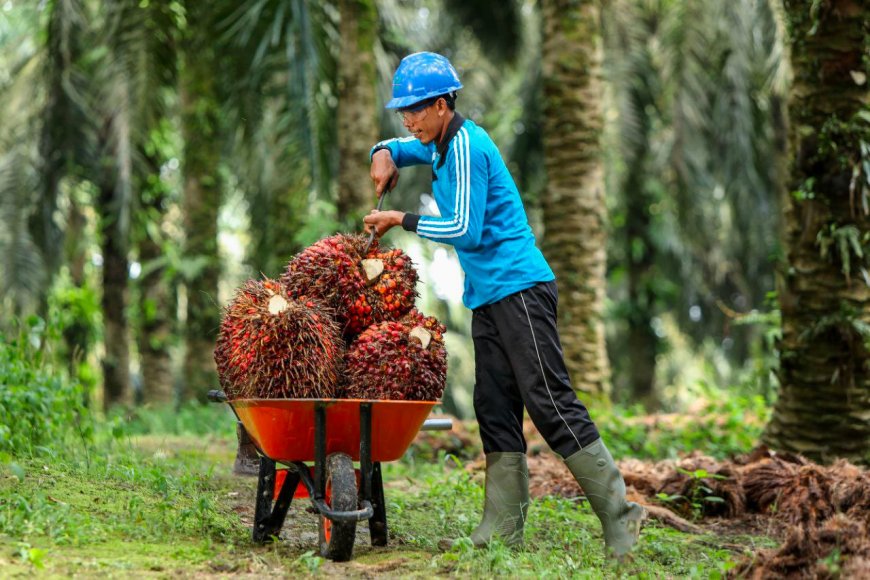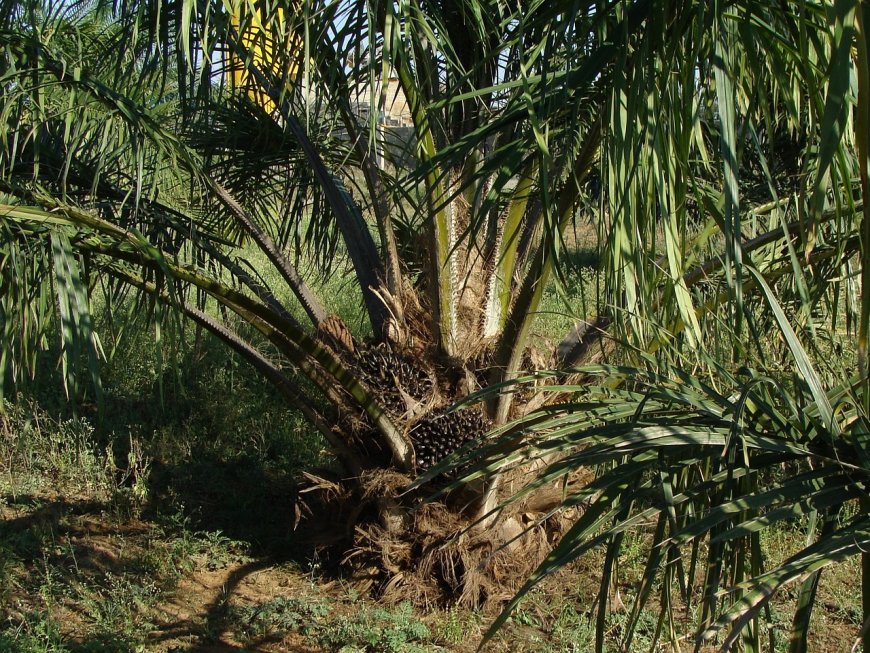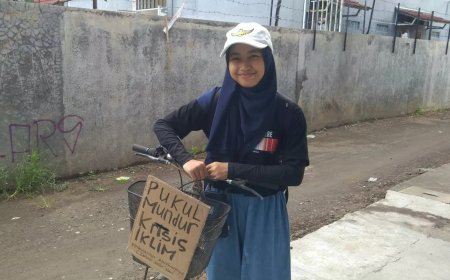When palm plantations get hit by climate change
Climate change is estimated to be affecting millions of hectares of palm plantations in Asia such as Indonesia and Malaysia.

MOSAIC-INDONESIA.COM, JAKARTA -- Climate change is estimated to be affecting millions of hectares of palm plantations in Asia such as Indonesia and Malaysia. Palm plantations known for releasing millions of tons of carbon as a result of the replacement of tropical forests into monoculture plantations also have to deal with unpredictable weather.
Anita Neville of Golden Agri-Resource (GAR), the world's second-largest palm oil company with 500,000 hectares of land in Indonesia, said she had to deal with more rain than usual. “Oil palm thrives in the tropics because the weather is predictable. However, it no longer applies,” Anita Neville, quoted by Reuters, said on Thursday (10/10/2024).
In the past two years, Neville observed more heavy rains, so that it can cause oil palm trees to rot and become stricken with disease. Prolonged rains also affect populations of beetles, pollinators worth $4.5 billion a year to the industry. Without beetles, pollination must be done manually.

Flooding can cause bunches of fresh fruit to be unable to be harvested or taken from roadsides, leaving them to rot. “Ten years ago, we heard reports of flooding on one estate. Now almost every region in Indonesia is reporting flooding,” Neville reported.
Musim Mas, which manages 130,000 hectares of palm plantations in Indonesia, has been working to deepen the river and install sandbags by the river to prepare for heavy rains. “I once saw water as high as a three-year-old palm tree on our plantation in Pekanbaru, Indonesia. An entire area of young palm trees was destroyed because it was submerged for too long,” said Carolyn Lim, head of the company's communications.
Productivity has also been affected by periods of increasingly severe drought. Scientists estimate that a rise in global temperatures of 2 degrees Celsius could lead to a 30% decrease in palm oil yields.
Although palm oil is reputed to be a productive crop because it requires much less land than other vegetable oils, the industry is judged not to have made sufficient efforts to increase yields. Indonesia, known as the world's largest supplier of palm oil, should experience a 1 million tonne drop in production this year compared with 2023. This is due to aging and less productive trees, as well as industries slow to introduce new technologies.
The project aims to protect 100,000 hectares of high carbon stock forest at risk from encroachment of palm oil plantations while maintaining the livelihoods of 1,500 independent smallholder farmers operating in the area.
The project, which began as a three-year program to increase smallholder productivity by 30% and make the district a sustainable resource hub, has been expanded and serves as a model for climate-resilient agriculture.
Tran Quynh Chi, regional director of Asian landscapes and Asia palm oil leader at IDH, said maintaining and scaling up the program would require funding and ongoing cooperation between local governments, the private sector, and conservation groups. The responsibility for making it work should not just be in the hands of farmers, he added.

Ferrero, the chocolate company best known for its Nutella brand, recently completed trials of a scheme known as TRAILS in Borneo, Malaysia, where 90% of its landscape has been converted into palm oil plantations. This project in Sabah state has seen palm trees replanted with mixed forest species to support local wildlife populations. The project began on a small scale, with only a few dozen thousand acres of plantation land used in trials.
However, the project leader, Alain Rival, of the nonprofit Cirad, said that TRAILS could prove that agroforestry-based palm oil production can be profitable, wildlife-friendly, and climate-resilient.
There are lessons to be learned from indigenous smallholders, who have traditionally practiced climate-friendly techniques such as agroforestry and conservation of indigenous forests, but often lose their land to large plantation companies, said Aida Greenbury, an adviser to Indonesia's independent small farmers union (SPKS).







